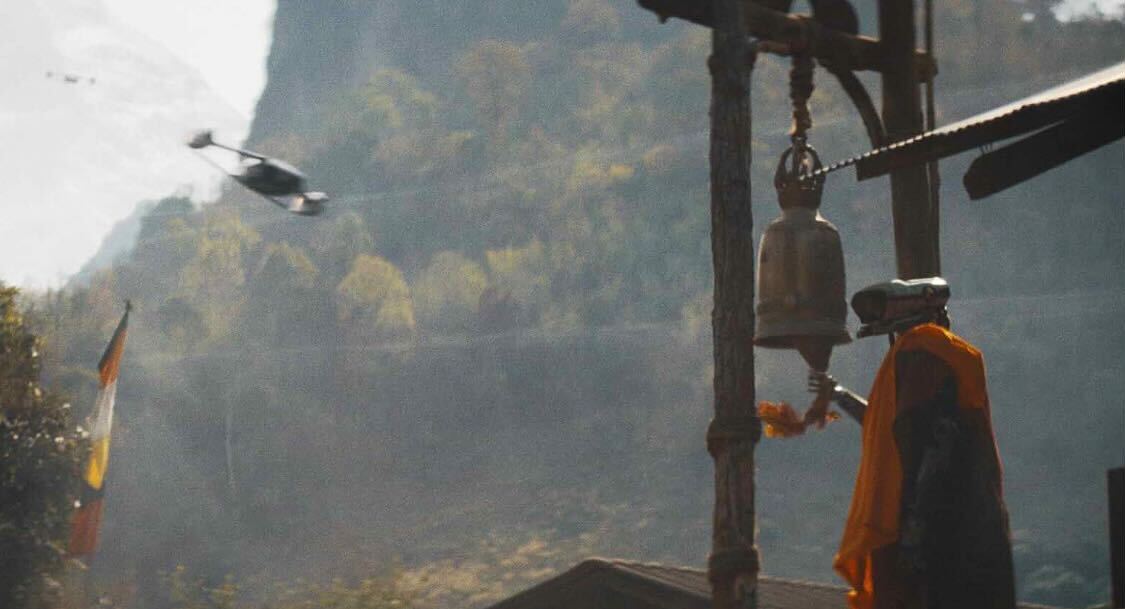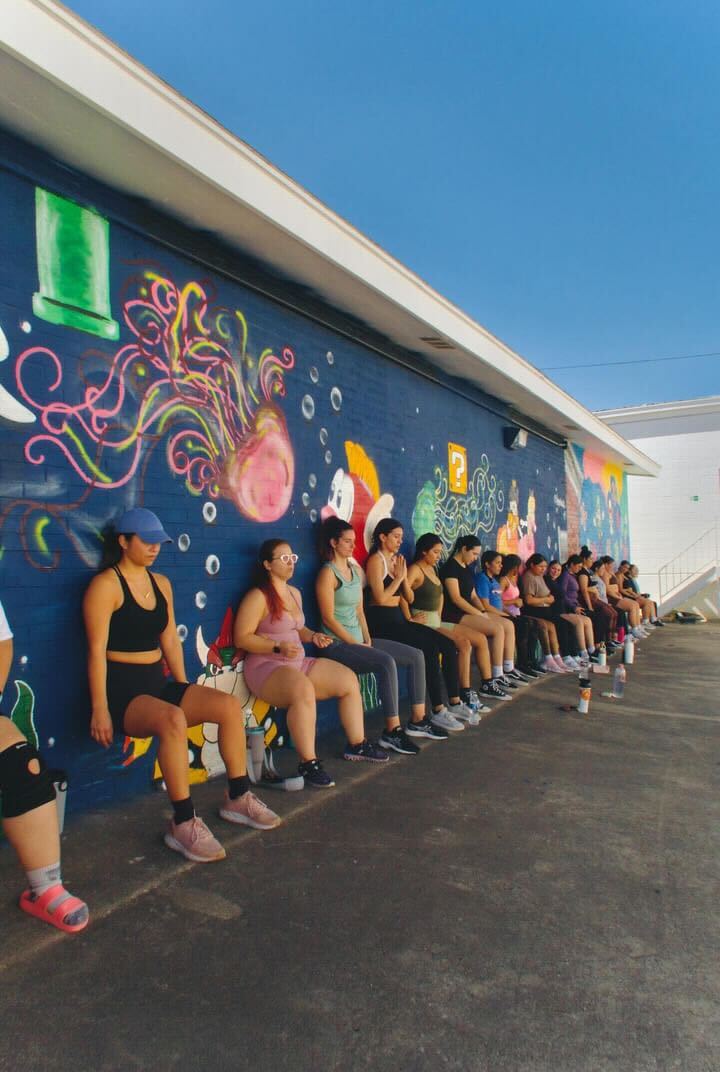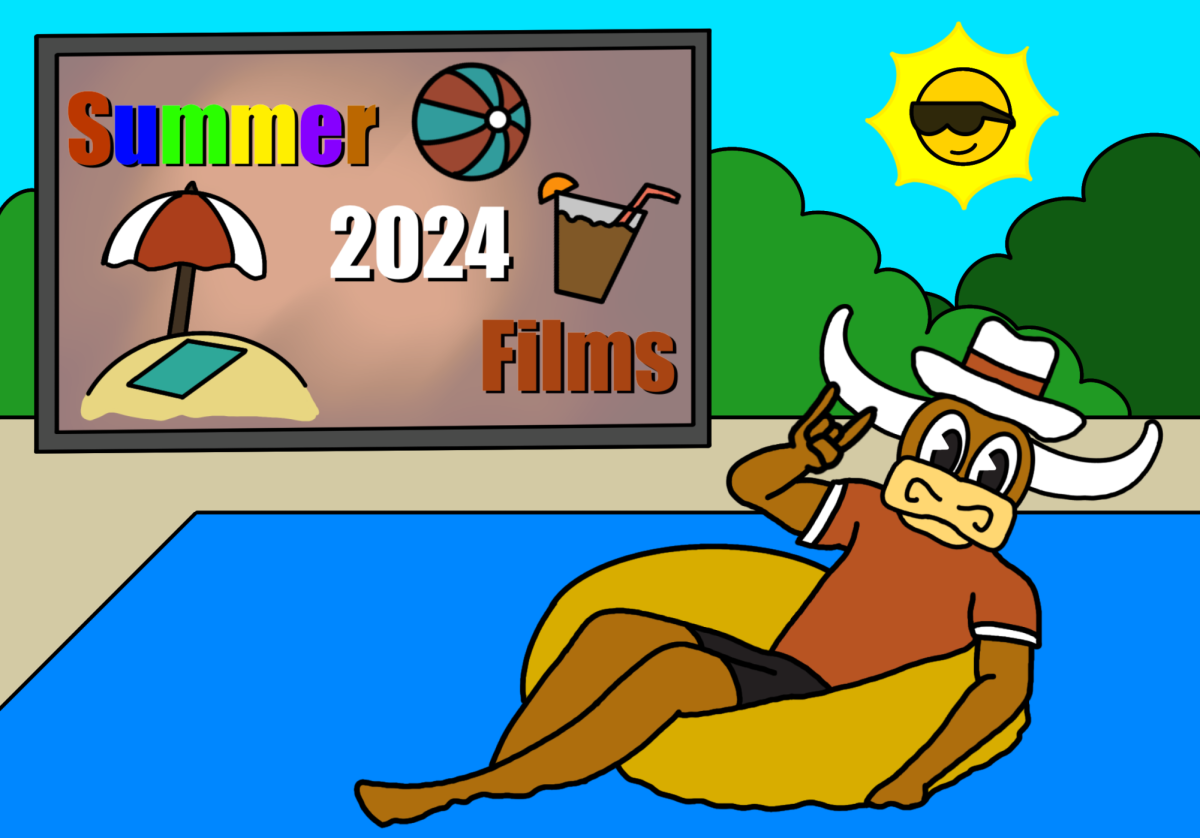The Daily Texan had the opportunity to sit down with Oren Soffer, one of the cinematographers for Gareth Edwards’ “The Creator,” and discuss both his work on this sci-fi epic and his career as a cinematographer as a whole.
Daily Texan: What was the previsualization process like on “The Creator?”
Oren Soffer: Well, the approach to this product is very unique. Gareth, I think pulling from his experiences on bigger budget films like “Godzilla” and “Rogue One.” (He wanted to go) back to his roots from monsters and pull from that same filmmaking approach and find a way to combine the best elements of that kind of scrappy indie filmmaking and bigger budget, larger scope filmmaking. They adopted a very different approach, which was that we’re going to treat the shoot itself like a scrappy indie film, and then design the visual effects of the scope and the scale of the project to the footage in post-production after the film has already been edited. That enabled maximum freedom for discovery, spontaneity and reactiveness, which was the visual style that Gareth wanted to capture, almost documentary-like.
DT: What did you shoot on?
OS: Well, we shot on the Sony FX3. (We wanted to make) a camera and lighting package that was as small and as lightweight as possible that allowed the maximum freedom and flexibility to be spontaneous and to kind of embrace that documentary feel. We now have prosumer cameras that can shoot RAW, that can shoot 4K (and) create a cinema-level image. I mean, ultimately, the specific choice of camera is sort of the least interesting part of it. It’s more about the overall holistic approach and how the equipment helped enable us to create the film in the way that we did.
DT: What advice would you give to students wanting to pursue cinematography or film as a whole?
OS: I think the biggest piece of advice that I wish I had listened to (is) how important patience and perseverance are to achieving a career. I graduated from film school in 2014. It takes time to slowly build your network, build your confidence, build your body of work and build your unique perspective on the world. I think all of us who kind of grew up with the internet have been raised to be impatient and to get immediate gratification. It’s very hard for us to embrace patience and embrace long-term thinking. I went through that as well, but you have to fight that instinct as much as possible. Take the long road because that’s the one that ends up paying off. Study light, study imagery, study films and study film language. What you’ll find as a cinematographer is that directors all speak film language, they all watch a ton of movies, and they’ll reference specific movies. If you as a cinematographer can’t keep up with the director and the language that they’re speaking cinematically, then you’re gonna have a tough time working with them.
















